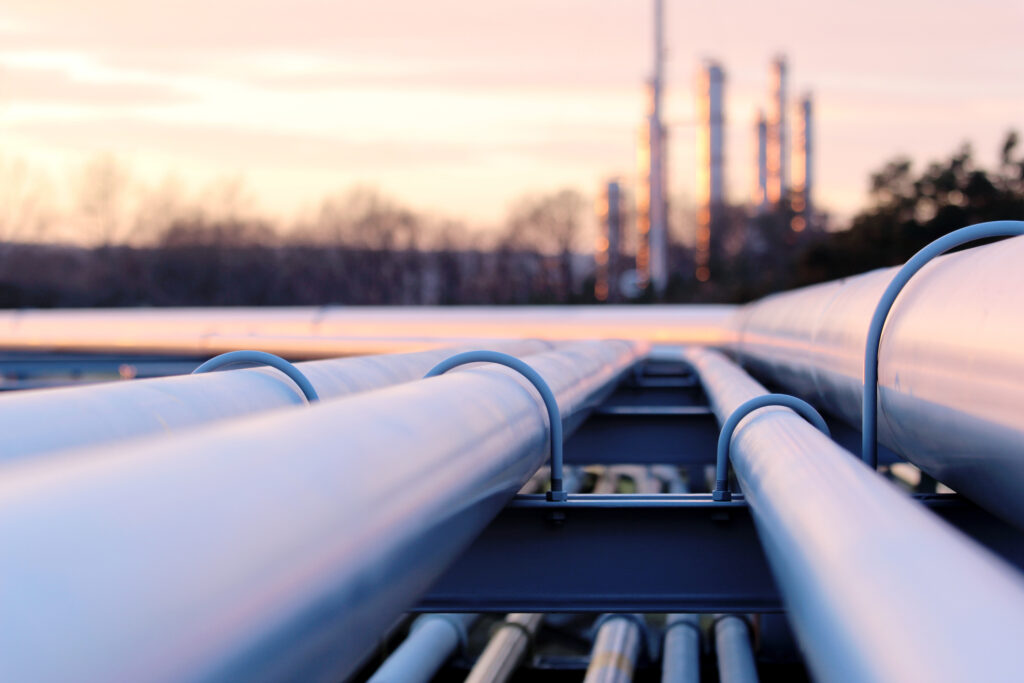(Oil Price)– Russia and China used a Eurasian summit this week to manifest closer ties in defiance of the U.S., pledging increased cooperation and signing about two dozen agreements, including in the energy sector.

During the Shanghai Cooperation Organization (SCO) summit in China, Russian President Vladimir Putin met with Chinese President Xi Jinping for bilateral talks and multi-lateral discussions agreements with the leaders of about 20 non-Western nations, including India. The Chinese signaled to the West a new world order in which Eurasian strongmen will not be bullied by the United States, and threats and tariffs will only push closer ties within the anti-West axis.
The summit was also a stage on which countries announced stronger cooperation in many fields, including military, industry, and energy.
Russia and China, in particular, signed a legally binding memorandum to move forward with a second major pipeline to carry natural gas from Russia’s huge Siberian gas fields to China via Mongolia.
The agreement was announced on Tuesday by Alexey Miller, the chief executive of Russia’s gas giant Gazprom, who signed the deal with China’s state energy firm CNPC for the Power of Siberia 2 pipeline.
Russia is betting on selling increased volumes of energy products to China after losing Europe as a key oil and gas export market following Putin’s war in Ukraine. Gazprom has lost most of the European market, reported an annual loss for the first time in more than two decades, and is threatened by the EU pledge to end dependency on Russian energy, including a halt to all imports of Russian gas by the end of 2027. So it is only natural that Gazprom believes that its future revenues and sales will come from the East.
Russia has tried for years to get China to commit to the Power of Siberia 2 pipeline, without success. Now a legally binding memorandum has been signed, but key sticking points remain – including the price China will (be willing to) pay for the supply. It’s not clear who and how will finance the huge multi-billion-dollar project, either.
Currently, Russia supplies pipeline gas to China via the Power of Siberia pipeline, one of the biggest projects recently completed by Gazprom and the first conduit for Russian gas to China.
Power of Siberia 2 is designed to ship gas from Russia’s Western Siberia Altai region to northeast China via Mongolia.
The memorandum on Power of Siberia 2 signed on Tuesday doesn’t include details and issues such as prices or capacity commitments, so the key sticking points remain.
Russia touted the project as the biggest ever in the global gas industry, while China has yet to confirm the deal.
Gazprom’s Miller himself acknowledged that Russia and China have yet to discuss issues related to financing and the price of supply.
A potential start-up of a second gas pipeline from Russia to China is years, or decades, away, if it happens at all, analysts say.
“Whether Power of Siberia 2 will come to fruition remains to be seen. Regardless, there’s no denying that the Sino-Russian partnership enhances the threat each country poses to U.S. interests,” said John Hardie, Russia Program Deputy Director at the Foundation for Defense of Democracies (FDD).
Max Meizlish, Senior Research Analyst at FDD, commented, “Policymakers should recognize that the Power of Siberia 2 pipeline announcement comes on the heels of deepening China-Russia cooperation — and, critically, just after the first delivery from Russia’s sanctioned Arctic LNG 2 project to China.”
Russia’s Arctic LNG 2 project, sanctioned by the U.S., the EU, and the UK, has accelerated cargo loadings and shipments in recent weeks, in a sign that the facility has now found its first customer after more than a year, and new buyers have emerged—all in China.
“Beijing’s willingness to further lean into Moscow’s energy sector shows it no longer fears the consequence of U.S. sanctions. Washington must change that calculation,” FDD’s Meizlish said.
Amid many uncertainties about the Power of Siberia 2 gas pipeline project, one thing is certain: Russia and China are strengthening their strategic cooperation, including in energy.
By Tsvetana Paraskova for Oilprice.com

